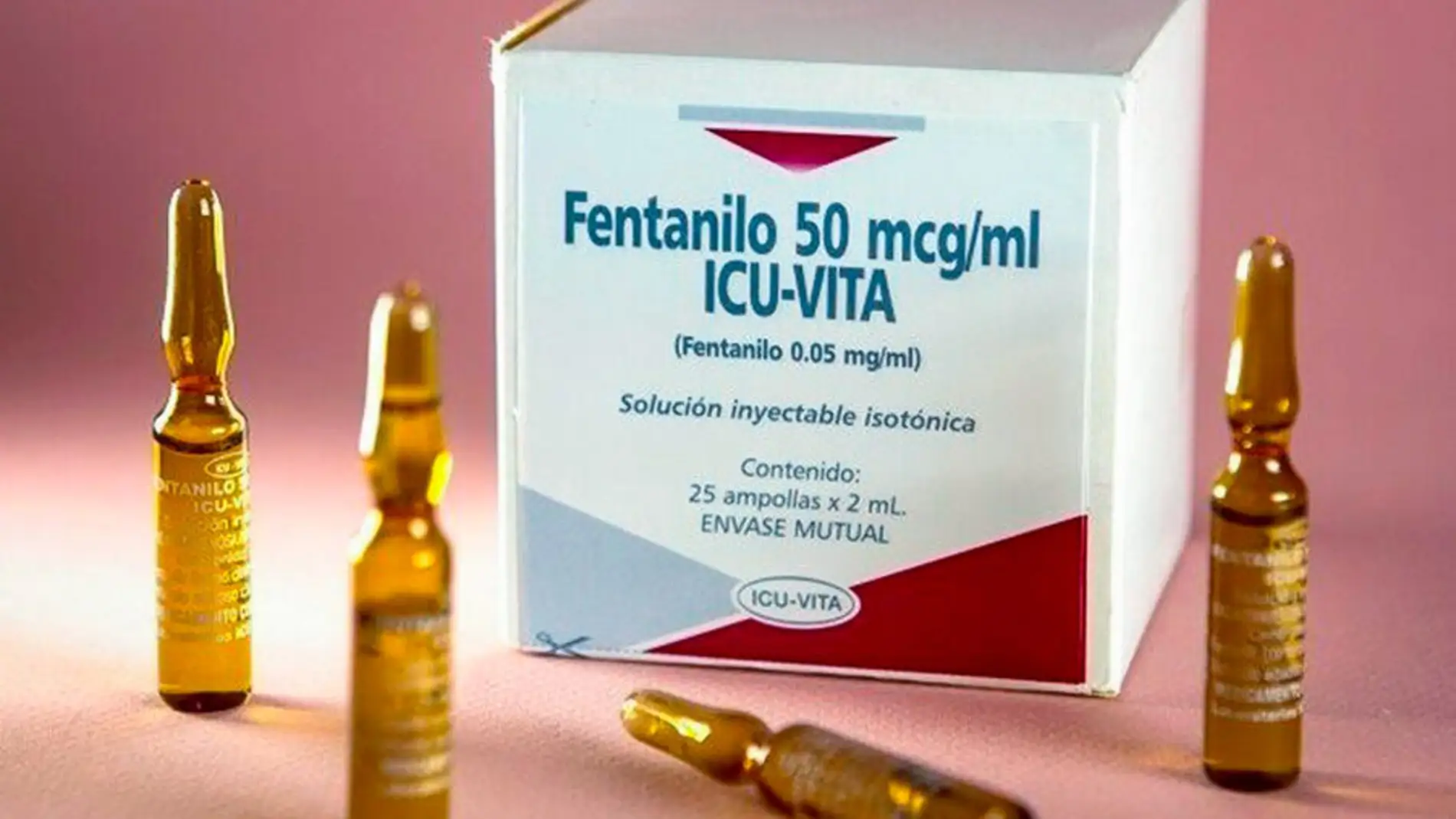Mexico City.- From May 10 to 26, a group of experts will embark on a trip through the Gulf of California with the aim of trying to locate the few remaining vaquita specimens, said Mexican officials and the conservation group Sea Shepherd.
The vaquita porpoise (Phocoena sinus), the world’s smallest porpoise, is the world’s most endangered marine mammal: it cannot be captured, kept or bred in captivity. It is believed that only eight copies remain.
According to Rafael Pacchiano Alemán, Secretary of the Environment and Natural Resources of Mexico, the specialists will use binoculars, observation devices and acoustic monitors on their expedition through the so-called Sea of Cortez, the only habitat of the vaquita porpoise.
The group will carry out its investigation aboard two vessels: one from Sea Shepherd and the other from Mexico.
Sea Shepherd has worked with the Mexican Navy to reduce illegal fishing in the region where these porpoises were last seen, however illegal fishing vessels continue to be seen in the “zero tolerance” zone.
According to Pritam Singh, president of Sea Shepherd, in 2022 the combination of patrols coupled with the plan of the Mexican navy to catch illegal nets with concrete blocks with hooks reduced the number of hours that fishing boats spend in the restricted zone. by 79 percent compared to the previous year.
And despite the fact that in the manager’s opinion the last 18 months have been encouraging, there is still a long way to go to save this species.
The last sighting expedition of this type took place in 2021; their results indicated that there were probably between 5 and 13 individuals, a decrease from the 2019 review.
The vaquita porpoise is a small and elusive porpoise: in general, its specimens can only be seen from afar, so it is difficult to ascertain if it is a vaquita, the exact number and if it has already been counted.
Added to this are the difficulties caused by the violent opposition of local fishermen and illegal fishing.
An elaborate report published in 2022 indicated that in the previous two years their work had been hampered by the presence of numerous illegal fishing boats with gillnets in the water.
“Some areas could not be inspected at all on some days due to the density of illegal fishing,” it says.
The decline in vaquitas is strongly linked to the illegal hunting of totoaba (Totoaba macdonaldi) or white croaker, as it is trapped in the nets of poachers.
The white croaker is also in danger of extinction due to the great Asian demand for its swim bladder, also called crop, to which medical and aphrodisiac qualities are attributed, such as improving circulation, sexual potency and skin care.



